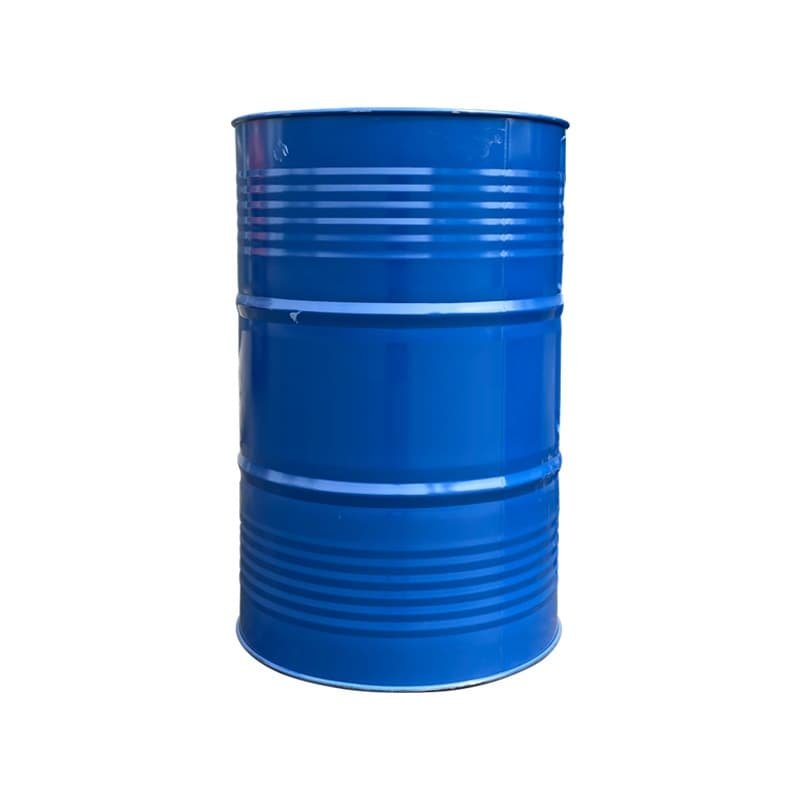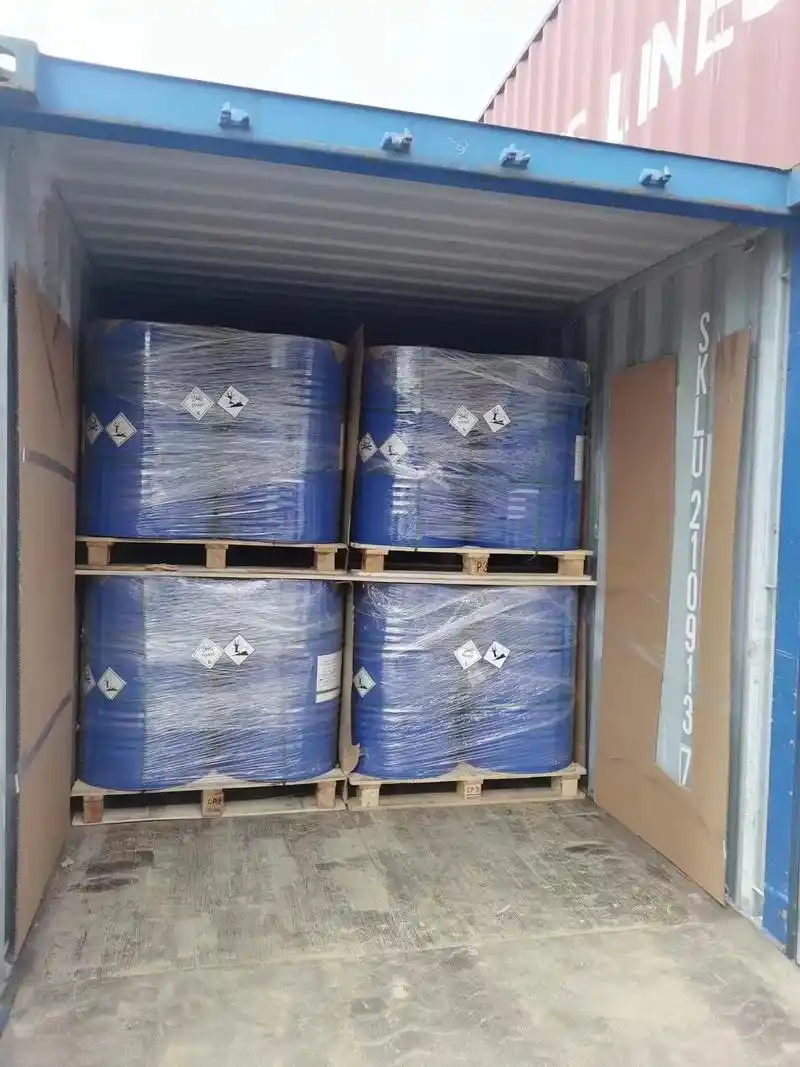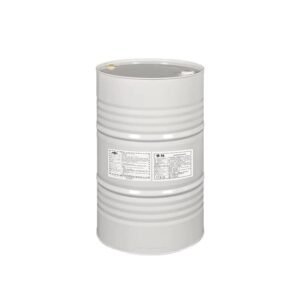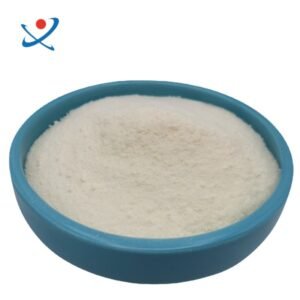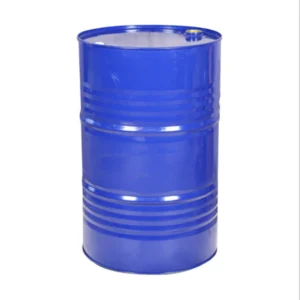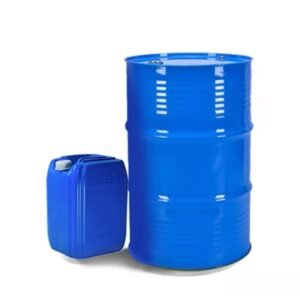Vinyl acetate, with the CAS number 108-05-4, is a significant industrial chemical known for its various applications in the production of polymers and resins. Here are the key details about vinyl acetate:
Chemical Properties
Chemical Formula: C₄H₆O₂
Appearance: It is a clear, colorless liquid that has a sweet, fruity odor.
Molecular Weight: Approximately 86.09 g/mol.
Flammability: Vinyl acetate is highly flammable and its vapors can irritate the eyes and respiratory system.
Uses and Applications
Vinyl acetate is primarily used as a monomer in the production of:
Polyvinyl Acetate (PVAc): Commonly used in adhesives, paints, and coatings.
Polyvinyl Alcohol (PVA): Utilized in textiles, paper, and as a film-forming agent.
Copolymers: These are created with other monomers for various applications, including waterproofing coatings and carpet backings.
In addition to its role in polymer production, vinyl acetate is also used in the formulation of glues, paints, and plastics, making it an essential intermediate in many industrial processes.
Health and Safety Considerations
Vinyl acetate is classified as a hazardous substance. It is harmful if inhaled and is suspected of causing cancer. Proper safety measures should be taken when handling this chemical, including using appropriate personal protective equipment (PPE) and ensuring adequate ventilation in work areas.
In summary, vinyl acetate is a versatile chemical with significant industrial importance, particularly in the production of various polymers and resins, while also posing certain health risks that necessitate careful handling.
Vinyl Acetate CAS 108-05-4
CAS No.108-05-4
Other Name:Acetic acid Vinylester (8CI)
MF:C4H6O2

